The Kingdom of Saudi Arabia, one of the largest oil-producing countries in the world, says it will cut salaries, sell national assets, and hike fuel prices in 2017 and beyond.
Despite recovering oil prices, Saudi, which borrowed to fund budget deficit for the first time ever in October 2016, says if these measures are not taken, “the government is likely to face serious fiscal challenges in the medium and long term, one of which is a potential chronic fiscal imbalance”.
According to its Fiscal Balance Programme (FBB) obtained by TheCable, the Kingdom plans to rid the deficits in the economy, and also place taxes on expatriates and some non-oil products, while reviewing allowances of government workers.
HIKE IN FUEL PRICE
Advertisement
The Kingdom says it plans “eliminating misdirected subsidies, and empowering citizens to choose and consume responsibly,” adding that “reduced energy prices also incentivize higher wasteful consumption”.
Saudi added that “subsidies will not be sustainable in the long term,” so it decided to hike prices in phased manner, from 2017 to 2020.
PRIVATISATION/SALE OF NATIONAL ASSET
Advertisement
The middle eastern county say “there are three further areas where the government is already taking steps to strengthen its fiscal position”, which include sale of national assets via a privatisation programme.
“Privatization: The privatization of government holdings will not only stimulate economic growth, but also improve the fiscal position,” the balanced budget 2020 plan read.
The country has been mulling the sale of a portion of Aramco, state-owned oil company, which is arguably the biggest oil company in the world.
TAX ON EXPATRIATES AND FAMILIES
Advertisement
After raising visa fees “for nationals of countries where bilateral agreements are not in place,” the Kingdom is planing to tax expatriates from July 2016.
“Saudi Arabia has one of the most liberal labour policies globally, with very few restrictions on importing foreign labour to work in the Kingdom currently, companies pay a levy of SAR 200 per month per expat employee, but only for expat employees that exceed the number of Saudi employees.
“Moving forward, the levy on all expats will be gradually revised upwards – which will provide an additional signal to employers to hire more Saudis.”
The taxes would move from about $27 to $213 per month from July 2017 to July 2020, respectively.
Advertisement
REVIEW OF SALARIES AND ALLOWANCES
“Public Sector Reform: The government has been very clear in its intent to contain the cost of public sector salaries and is implementing an efficiency program, which will reduce costs in the medium term,” the country said.
Advertisement
Refering to measures taken in 1980, when oil prices plunged, Saudi said “reducing the maximum overtime compensation from 50% to 25% of government salaries each month” was possible.
The government said it would be “restructuring government wages through revising the eligibility and feasibility of various allowances,” and may consider “adjusting and canceling a number of allowances, bonuses, and benefits”.
Advertisement
TAX ON “HARMFUL” NON-OIL PRODUCTS
Currently, neither Saudi nationals nor foreign labourers pay income taxes, and this policy will remain in place. However, value added tax (VAT) of five percent has been signed by the minister of finance.
Advertisement
It would also introduce excise tax on “specific products with harmful health effects to dis-incentivize consumption of such products”.
The taxes will be enforced in the second quarter of 2017.
Saudi, like many oil producing countries, have been heavily affected by the plunge of oil prices across the globe.
8 comments

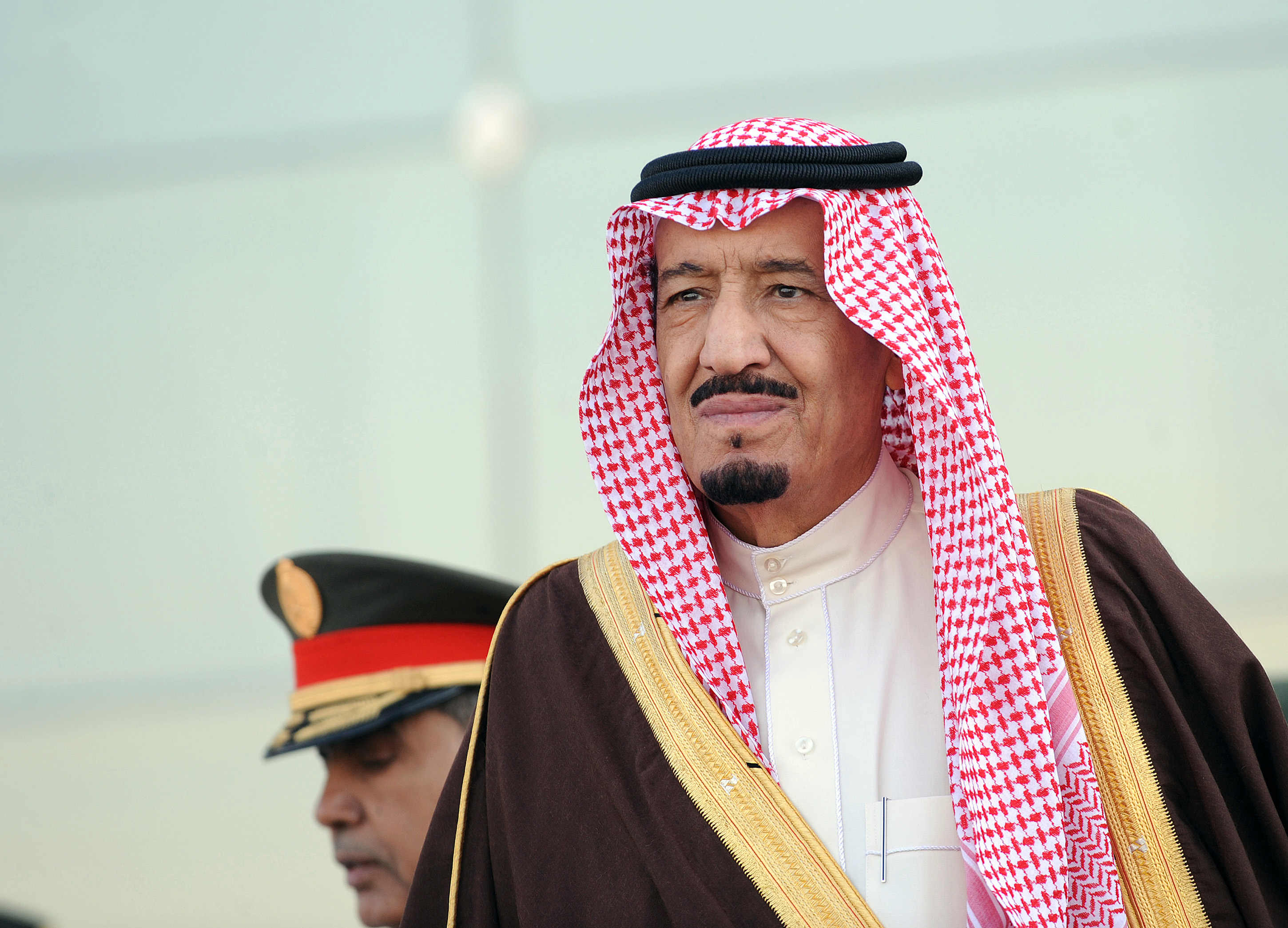
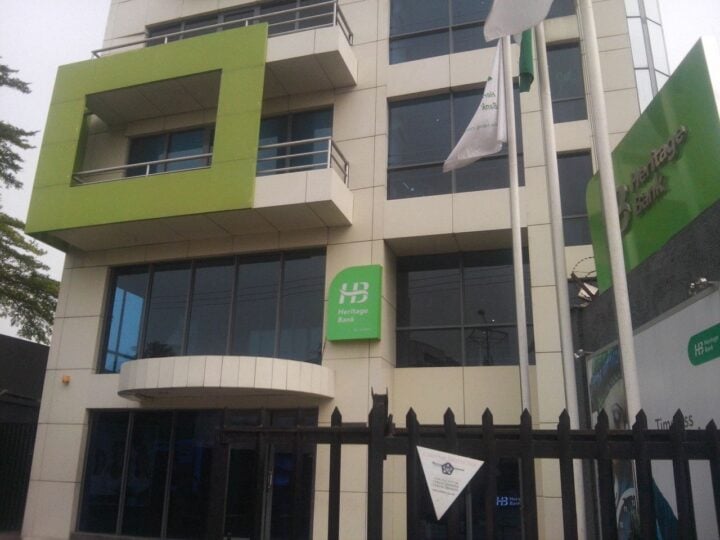
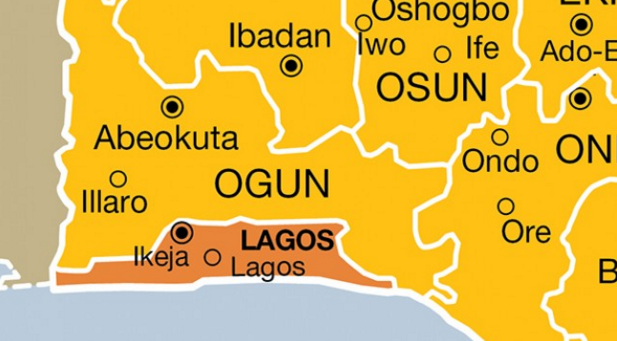

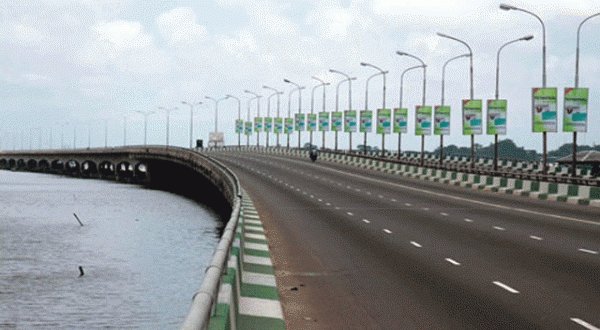
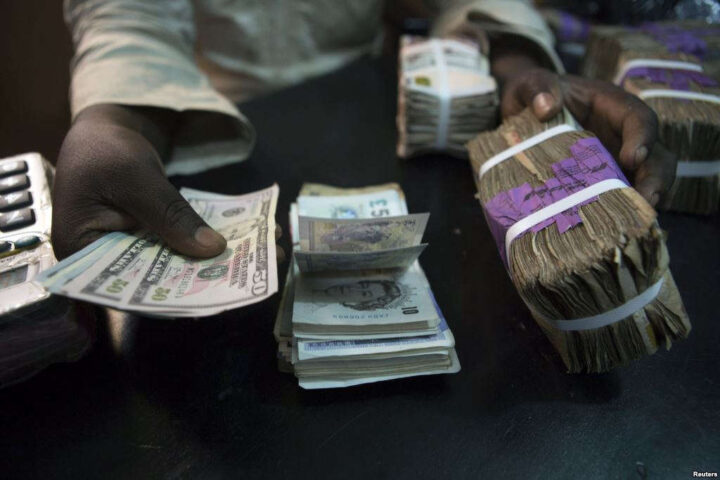

This is the largest or highest producer and exporter of crude oil that the price has plummeted (increasing gradually in recent weeks) taking the bull by the horn. Saudi Arabia has decided to sell or privatize some of they national assets in a bid to finance budget deficit. Here we are in Nigeria telling the government not to sell or privatize national assets and also not to borrow. If I may ask, how will government be able to finance budget, build infrastructure etc, that will get us out of recession. The truth is that without any of these, I don’t see us getting out of this recession. What we should be doing is asking the administration to furnish us what they intend to do with the money and making sure that we close mark them to be sure that the money is used judiciously and for the right purpose. God Bless Nigeria.
God bless you. We should sell assets or borrow, the bottom line is we citizens to be awake to what the funds will be used and be sure they are used for what they were intended in the first place.
The difference between Nigeria and Saudi Arabia is that Saudi Arabia would use the money realized through privatisation to revamp the economy but money realized through privatisation in Nigeria would be embezzled. Also, the ruling class in Nigeria would sell the assets to their cronies at give-away prizes. You are right – privatization would help an economy to recover but just not in Nigeria.
You forget that privatization is not new in Nigeria. Government has sold and is still selling assets – Nepa, steel rolling Mills, steel Mills such as Ajaokuta, Aladja, ALSCON, Eleme petrochemical, Notore, formerly NAFCON, iwopin paper mill, federal houses in Ikoyi, old federal secretariat in Ikoyi, National oil, now Conoil, etc. What informed people kicked against was the suggestion to sell government stake in NLNG and some upstream assets. Imagine selling your stake in a business that gave you over $1bn in dividends last year. Government can go ahead to sell the refineries (a sale which yar ardua cancelled) and other non performing assets. Government can also concession roads and railway lines as well.
Let us get ourselves acquainted with the details of the proposed sale. For the upstream companies, government is unable to meet cash call obligations hence the operations of the companies are encumbered. You have 49% and unable to pay for explorations thus your future productions are hampered and companies are leaving for Angola or Australia. Is it not better to reduce to 30%, generate cash, and let the upcons improve capacity for future production. Better to have 30% of 250 than 49% of 150 that encumbers future growth.
Arh the visit visa fees is 2000 riyals we’re finished?
It is easy to rumble and dance with economic jargon of public economic management, but:
Saudi Arabia has a level of real social, fiscal and physical infrastructures that are the envy of sub-saharan countries, including Nigeria. Thus, it makes no economic sense to ape Saudi Arabia’s economic tablets. If your friends makes foundation for a three-story building while you made one for a mere bungalow will you go ahead to build up same way?
Let’s get our basics right first…
@Tola I completely agree with you. What the administration suggested was that for NLNG, we want to sell about 15% stake from our 49% not everything and I understand that would give the administration about $15bn dollars (if I am not mistaken). I agree with the suggestion Alhaji Dangote gave some months back that if your business is doing very badly and you have other investment, say properties, is it not right or proper to sell 1 or 2 of the properties and invest it in that your business that you believe so much in. I strongly believe that is the right thing to do because I am a businessman and I had serious issues before and did the same thing and things are looking up now. The problem in this country is that we are a bit docile and need to seriously beam the search light more on government agencies, our state governments, even the national assembly with the help of the media and continue to ask questions. This is our country and our only country and we must make it work. Running to another man’s country will not solve the problem in Nigeria. We must be able to make the government listen to us. God Bless Nigeria.